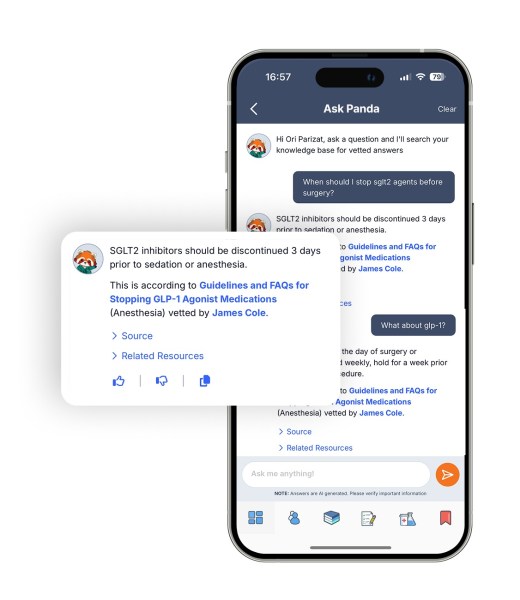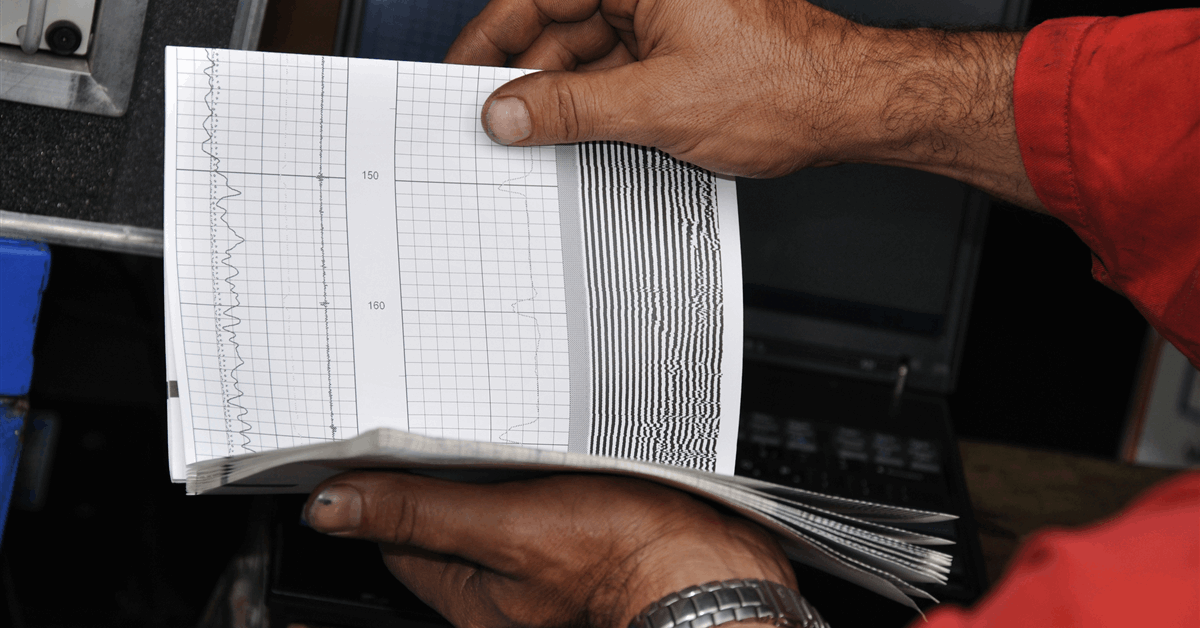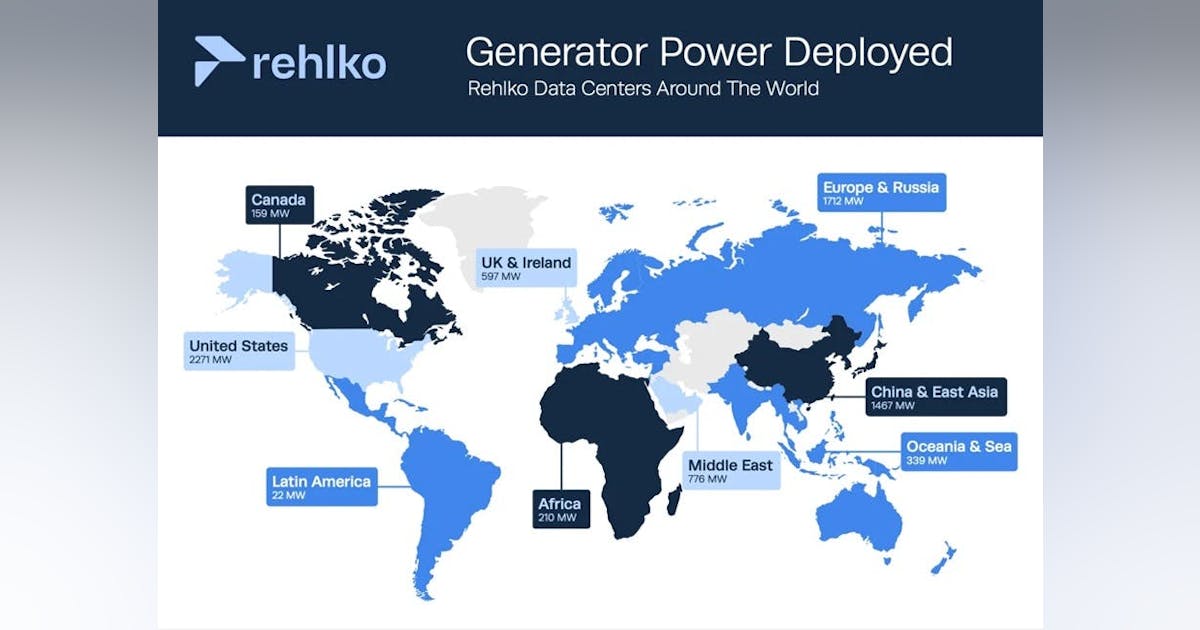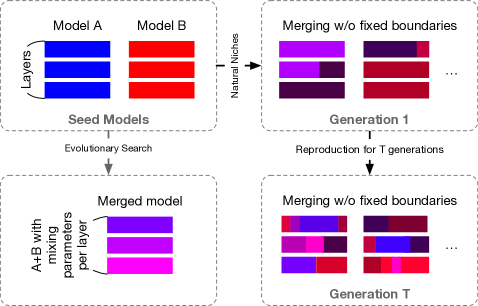Medicine is one of the most highly regulated fields in the world, and for good reason — the difference between doing a process correctly and incorrectly can often be that of life or death.
But think of the many people involved in providing care at hospitals: it’s not just doctors and nurses, but also the entire medical support staff who handle patient records, equipment, and dispose of medical waste. They all need to be following the rules and best practices to ensure the hospital remains a safe and healthy place to work, administer, and receive care. Yet each job duty and department has its own list of guidance and best practices to follow — often siloed away in different applications like SharePoint, SmartVault, Docuware or others.
For New York City AI startup C8 Health, that disconnect isn’t just an inconvenience — it’s a $345 billion problem.
“When I began practicing medicine, I was shocked by how hard it was to access the information I needed,” said Dr. Ido Zamberg, an anesthesiologist and C8’s Chief Medical Officer, in a recent video call interview with VentureBeat. “In a field so knowledge-intensive, it felt absurd to have to search across 10 or 15 different systems just to find an answer.”
The AI Impact Series Returns to San Francisco – August 5
The next phase of AI is here – are you ready? Join leaders from Block, GSK, and SAP for an exclusive look at how autonomous agents are reshaping enterprise workflows – from real-time decision-making to end-to-end automation.
Secure your spot now – space is limited: https://bit.ly/3GuuPLF
Now, the New York-based startup that initially focused on providing anesthesiologists with knowledge to put people under is betting that its AI-powered chatbot and knowledge platform, built to bring structure and immediacy to clinical best practices, can solve it.
“Our platform ensures knowledge is always accessible — whether on mobile, desktop, or within the Electronic Medical Records (EMR) — so clinicians don’t waste time hunting across 20 systems,” said CEO and co-founder Galia Rosen Schwarz in the same interview.
Backed by a fresh $12 million Series A round led by Team8, with 10D and Vertex Ventures also participating, the company plans to scale up deployments and broaden its reach across the U.S. healthcare system.
Funding to expand
The newly announced funding brings C8 Health’s total raised to $18 million.
According to Rosen Schwarz, the capital will go toward expanding the team, refining the product, and meeting the growing demand among hospital systems seeking a better way to deliver on their own standards of care.
Founded in 2022, the company is focused squarely on one of the most persistent challenges in healthcare: ensuring that evidence-based best practices actually make it into the hands of those delivering care — regardless of whether they’re on night shift, rotating in from another facility, or just starting their residency.
“In many hospitals, protocols are still printed out and taped to the walls,” said Zamberg. “Stakeholders know no one has time to dig through software to find them. It’s that rudimentary.”
Zamberg, a trained physician and former software engineer, built the first version of C8 Health as a workaround to this challenge in his own department. But he and the company’s other leadership saw the problem went far beyond the anesthesiology department.
As Rosen Schwarz put it: “I interviewed over 100 health professionals in the U.S. and Switzerland, and it became clear how massive this problem was — the impact on both providers and patients was undeniable.”
Little surprise, then C8’s application quickly spread, first to 13,000 employees across five hospitals in Switzerland, and then on to more than 100 hospitals across the U.S., with clients including Dartmouth Health, Mount Sinai, MetroHealth, and the University of Texas Medical Branch.
A Red Panda avatar provides suggestions without prompting

C8 Health’s platform aims to centralize every piece of clinical guidance—policies, protocols, guidelines, educational materials—and make it instantly accessible in a format tailored to the clinician’s role, department, and even daily schedule.
The system is available via mobile, desktop, and directly within EMRs, allowing hospital staff to engage with it in the flow of their work. A friendly red panda avatar serves up the knowledge from the organization’s own siloed databases, complete with citations to the underlying knowledge sources, files, and documents.
The system doesn’t just wait for users to query. Based on behavioral patterns, schedule data, and institutional context, it can proactively surface relevant protocols before a scheduled procedure, or deliver targeted quality reminders if an individual’s performance metrics are slipping.
“We don’t just let users search,” Rosen Schwartz explained. “We proactively push the right content to the right person, at the right time—based on their role, behavior, and what others like them are doing.”
Early impact earns rave reviews
In each deployment, the company reports clinician adoption rates above 90% within three to six months—a notable achievement in a sector where new software tools often struggle to gain traction.
At MetroHealth, Dr. Luis Tollinche, Chair of Anesthesiology, described the state of affairs before C8 as a mess of six different protocol locations—email threads, shared drives, and policy databases among them.
“We had protocols scattered across six different locations—emails, shared drives, policy databases, even cognitive aids in the EHR,” he wrote in a quote provided to VentureBeat by C8. “When clinicians needed guidance, they often couldn’t remember where to find it, or simply gave up trying. We needed a single, reliable source that made our best practices instantly accessible at the point of care.”
After deployment, over 750 knowledge items were centralized, daily engagement hit 3.49 views per user, and nearly 90% of that activity came from mobile devices.
Real-time feedback and performance tracking
One of C8’s defining features is its ability to integrate performance data into the same experience clinicians use to access knowledge.
Through dashboards and metrics tied to specific procedures, users can see how their performance stacks up against department goals—and receive guidance to help improve it.
“A clinician can see tomorrow’s cases, who they’re working with, the relevant best practices, their quality performance, and how to improve—all in one interface,” Zamberg said.
Dr. Brian Masel, Chief of Pediatric Anesthesiology at UTMB, noted that this kind of real-time, individualized feedback could shift how hospitals approach quality improvement.
Instead of relying on retrospective administrative reports, providers can now engage with their own performance data in the moment, with clear recommendations on how to improve.
Built to handle healthcare’s unique complexities
Unlike generic enterprise software, C8 was built specifically for the fragmented and time-sensitive environment of modern healthcare. The platform’s backend uses general-purpose LLMs, but all data ingestion, cleaning, structuring, and formatting is proprietary—designed to make clinical knowledge easy to access, trustworthy, and relevant.
“Our assistant distinguishes between a policy, a protocol, educational material, or a national guideline,” said Zamberg. “It’s tailored to each user’s role, training level, and department.”
Rosen Schwarz also emphasized the breadth and flexibility of the platform: “We built proprietary systems to ingest and structure any type of content—PDFs, videos, scanned docs—so clinicians can get clear, actionable answers without information overload.”
Growth and system integration
With the new funding, C8 plans to deepen its relationships within existing hospital clients and expand to broader system-level deployments.
Dartmouth Health, for example, is already using the platform to bridge best practices across its main campus and satellite locations.
While the company remains focused on hospitals for now, Rosen Schwarz says they see clear opportunities to extend the platform into outpatient and urgent care settings, where fragmented access to knowledge remains a significant barrier to consistent care delivery.
“Clinicians need knowledge instantly, often at 3 a.m. in the OR,” she said. “They don’t have time to wonder which app or drive might have the answer—that delay can lead to errors.”
Sarit Firon, Managing Partner at lead investor Team8, said the platform’s traction with clinicians is a sign that C8 is solving a real pain point. In her view, the company is well-positioned to become a foundational layer in how care quality is managed and improved.
As clinical workflows become more complex and staffing more fluid, C8 Health is betting that better access to institutional knowledge isn’t just helpful—it’s essential.
Daily insights on business use cases with VB Daily
If you want to impress your boss, VB Daily has you covered. We give you the inside scoop on what companies are doing with generative AI, from regulatory shifts to practical deployments, so you can share insights for maximum ROI.
Read our Privacy Policy
Thanks for subscribing. Check out more VB newsletters here.
An error occured.





















